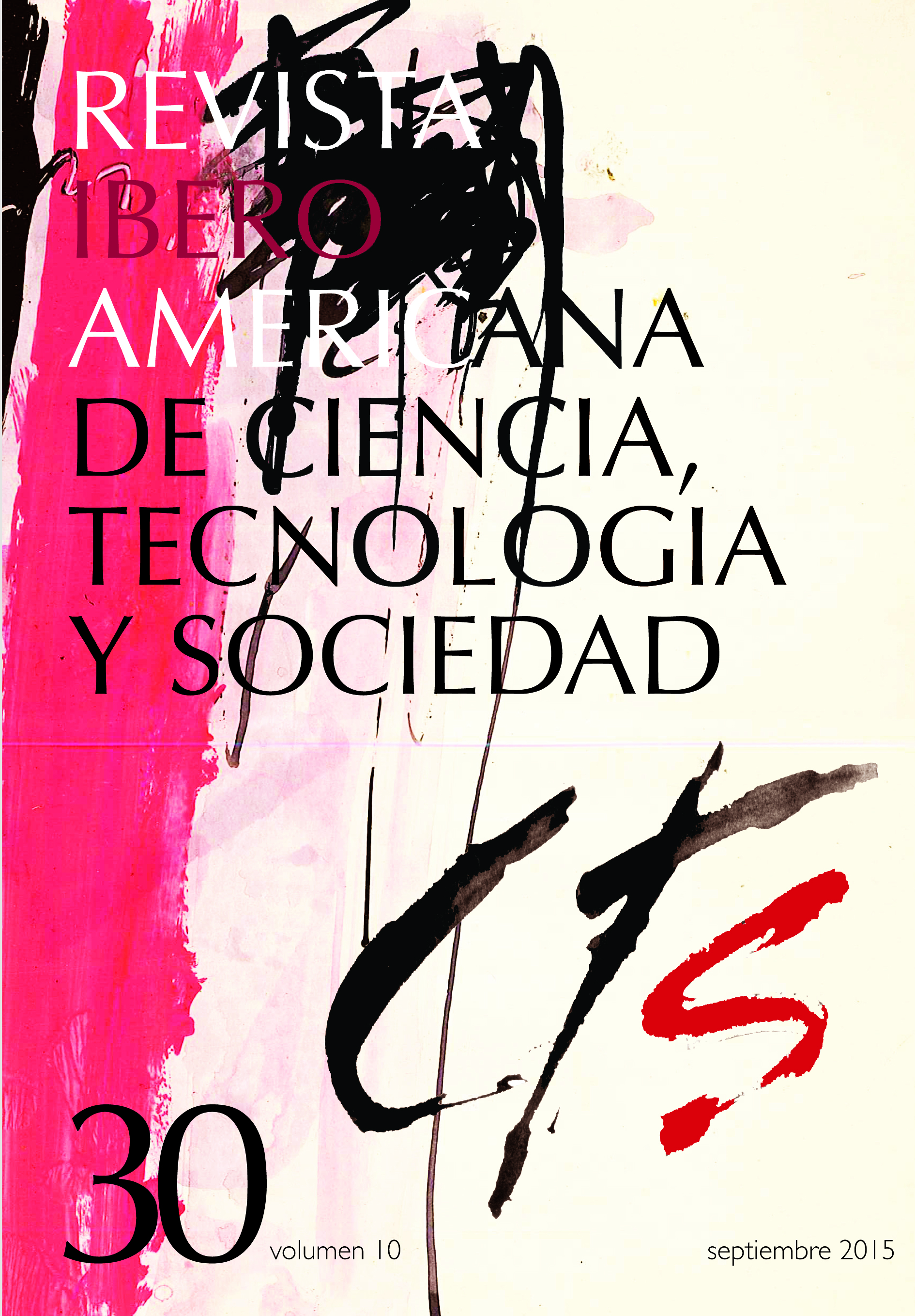International Student Mobility and Employability
The Employer’s Vision
DOI:
https://doi.org/10.52712/issn.1850-0013-497Keywords:
international student mobility, higher education, employability, employersAbstract
The purpose of this research is to analyze the relationship between international student mobility (ISM), related to study programs or internships, and employability, from the viewpoint of employers in Sao Paulo, Brazil. The research methodology is exploratory, based on surveys. The sample comprised 87 companies, most of which are big firms with international links. The main competence that organizations believe students develop when they have an international experience during their course of studies is a better command of foreign languages. According to employers, ISM contributes to boosting students’ initiative –one of the top competences, most valued by Brazilian employers, second to responsibility. However, and along the lines of international literature about the issue, employers do not take into account ISM when it comes to graduate selection and recruiting, where the most valued experience is an international internship. From the perspective of higher education, it is necessary to define the skills that students should develop thanks to an international experience, so that they can be effectively communicated to future employers.
Downloads
References
BRACHT, O.; ENGEL, C.; JANSON, K.; OVER, A.; SCHOMBURG, H y TEICHLER, U. (2006): The professional value of ERASMUS mobility, European Comission, International Centre for Higher Education Research (INCHER-Kassel), University of Kassel.
CRANMER, S. (2006): “Enhancing graduate employability: Best intentions and mixed outcomes”, Studies in Higher Education, vol. 31, nº 2, pp. 169–184.
CROSSMAN, J y CLARKE, M. (2010): “International experience and graduate employability: stakeholder perceptions on the connection”, High Educ, vol. 59, pp. 599–613.
FLANDER, A. (2011): “Is a mobile student also a more employable student? Research on employers’ perceptions of academic mobility”, en Klemen Miklavi? (ed.): Paths to internationalisation: Higher education policies, trends and strategies in Europe and Slovenia, CMEPIUS, Centre of the Republic of Slovenia for Mobility and European Educational and Training Programmes CMEPIUS, Ljubljana, pp. 86-120. Disponible en: http://www.cmepius.si/en/files/cmepius/userfiles/publikacije/2011/POI_EN_n.pdf.
FREITAS, H.; OLIVEIRA, M.; SACCOL, A y MOSCAROLA, J. (2000): “O método de pesquisa survey”, Revista de Administraçao, vol. 35, nº 3, pp.105-112.
GAJDEROWICZ, T.; GROTKOWSKA, G y LESZEK, W. (2013): “Does Students’ International Mobility Increase Their Employability?”, Ekonomia, vol. 30, pp. 59-74.
GARAM, I. (2005): “Study on the relevance of International student mobility to work and employment. Finnish employers’ views on benefits of studying and work placements abroad” (English summary), Centre for International Mobility CIMO, Finlandia. Disponibleen: http://www.cimo.fi/instancedata/prime_product_julkaisu/cimo /embeds/cimowwwstructure/15626_relevance_of_student_mobility_summary.pdf.
GIL, A. (2009): Método e Técnicas de Pesquisa Social, Editorial Atlas.
HARVEY, L. (2001): “Defining and measuring employability”, Quality in Higher Education, vol. 7, nº 2, pp. 97-109.
JONSSON, F.; ALMERUD, M.; NÄRINGSLIV, S y KRASSÉN P. (2010): “Employers’ view on studies abroad”, Internationella programkontoret in Svenskt Näringsliv. Confederation of Swedish Enterprise. Disponible en:http://www.svensktnaringsliv.se /multimedia/archive/00025/Employers_view_on_st_25182a.pdf.
KING, R.; FINDLAY, A y AHRENS, J. (2010): International student mobility literature review, Report to Hefce and co-funded by the British Council, UK National Agency for Erasmus. Disponible en: http://www.britishcouncil.org/hefce_bc_report2010.pdf.
LESS, D. (2002): “Graduate Employability - Literature Review”, LTSN Generic Centre. Disponible en: http://www.qualityresearchinternational.com/esecttools/esectpubs /leeslitreview.pdf.
LUCHILO, L. (2006): “Movilidad de estudiantes universitarios e internacionalización de la educación superior”, Revista Iberoamericana de Ciencia, Tecnología y Sociedad -CTS, vol. 7, n° 3, pp. 105-133.
MARCOTTE, C.; DESROCHES, J y POUPART, I. (2007): “Preparing internationally minded business graduates: The role of international mobility programs”. International Journal of intercultural Relations, vol. 31, pp. 655-668.
OECD (2013): Education at a Glance 2013: OECD Indicators, OECD Publishing. Disponible en: http://dx.doi.org/10.1787/eag-2013-en.
RODRIGUES, M. (2012): Determinants and Impacts of Student Mobility: A Literature Review, Joint Research Centre, Institute for the Protection and Security of the Citizen, Publications Office of the European Union.
SHAH, A.; PELL, K y BROOKE P. (2004): “Beyond First Destinations Graduate Employability Survey”, Active Learning in Higher Education, vol. 5, nº1, pp. 9-26.
TEICHLER, U. (2004): “Changes in the relationships between higher education and the world of work on the way towards the European higher education area”, University and society: engaging stakeholders, pp. 1-3. Disponible en: http://www.google.com.br/ url?sa=t&rct=j&q=&esrc=s&source=web&cd=1&ved=0CCQQFjAA&url=http%3A%2F %2Fwww.eua.be%2Feua%2Fjsp%2Fen%2Fupload%2FUlrich%2520Teichler%2520s peech.1080891100325.doc&ei=sJIDU4XYKeeCyAGa8IDABA&usg=AFQjCNFeaK- VLgEUj6Mus_AqyinvYB8D9Q&bvm=bv.61535280,d.aWc.
TEICHLER, U. (2007): “Does higher education matter? Lessons from a comparative graduate survey”, European Journal of Education, vol. 42, nº 1, pp. 11-34.
TEICHLER, U y JANSON, K. (2007): “The professional value of temporary study in another country: Employment and work of former ERASMUS students”, Journal of Studies in International Education, vol. 11, nº 3-4, pp. 486-495.
TROOBOFF, S.; VANDE BERG, M. y RAYMAN, J. (2008): “Employer attitudes toward study abroad”, Frontiers: The Interdisciplinary Journal of Study Abroad, vol. 15, pp. 17- 34.
Downloads
Published
How to Cite
Issue
Section
License
Copyright (c) 2023 CC Attribution 4.0

This work is licensed under a Creative Commons Attribution 4.0 International License.
All CTS's issues and academic articles are under a CC-BY license.
Since 2007, CTS has provided open and free access to all its contents, including the complete archive of its quarterly edition and the different products presented in its electronic platform. This decision is based on the belief that offering free access to published materials helps to build a greater and better exchange of knowledge.
In turn, for the quarterly edition, CTS allows institutional and thematic repositories, as well as personal web pages, to self-archive articles in their post-print or editorial version, immediately after the publication of the final version of each issue and under the condition that a link to the original source will be incorporated into the self-archive.











